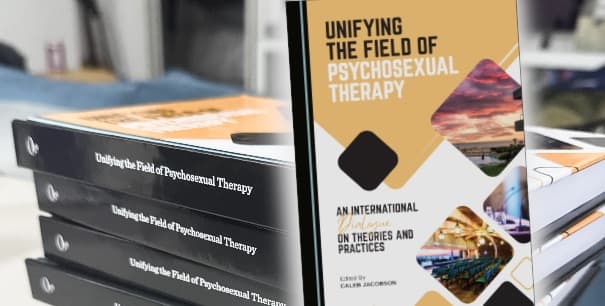Adult Autism: Intention vs impact
Speaking personally of my own adult autism, when I’m HALT (hungry, angry, lonely, tired) or engaged with my partner in an emotional discussion, I am less likely to manage and mask my adult autism as well as I would like. My go-to skill is logic, and in the order of operations, emotions trump logic. When I fail to communicate with the emotional conversation— regardless of my intentions in utilizing logic to solve a problem— I fail in the conversation.
Intentions are important. Impact is reality.
During a conversation on how actions in the past bring up feelings in the present, your partner verbally tells you they are hungry and tired. To meet this current need, your intention may be to ensure dinner is ready when they walk through the door. If you shift away from your partner in the middle of this emotional conversation to ensure that dinner is on schedule, you may find you have emotionally abandoned your partner in mid-thought. I’m pretty sure this will not go over too well. It may even override the value you placed on having their meal ready at a given time.
Sitting with someone who is feeling and expressing emotions can be difficult for some folks with adult autism or adult ADHD. I’ve experienced this myself. I find that internal contemplation is not always enough to put the skills I learn into use… I actually need to use them.
One way to strengthen these skills is to talk to someone and practice them in a safe environment. Relationship skills are no different from moves in karate or techniques in a video game: without constant use they fade from muscle memory and are not as readily available when needed.







